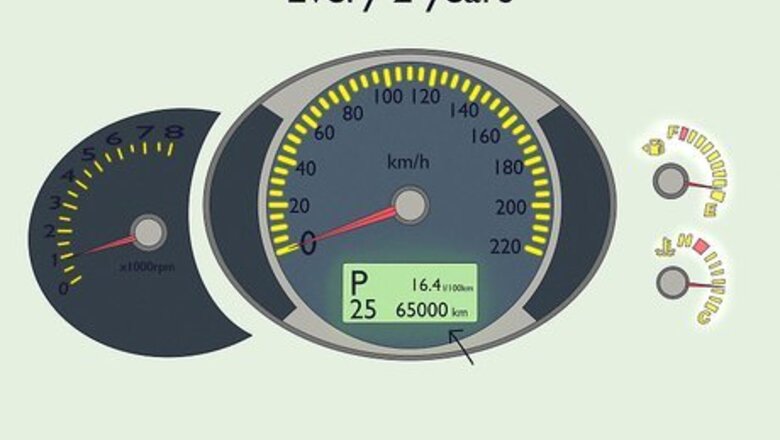
views
- Replace your brake fluid every 2 years or 30,000–50,000 mi (48,000–80,000 km); whichever comes first.
- Check the quality and level of your brake fluid once a month using test strips or an electronic meter.
- Signs of bad brake fluid are a soft or spongy feeling when you press your brake pedal, increased stopping distance, and grinding noises when you brake.
When should you replace brake fluid?
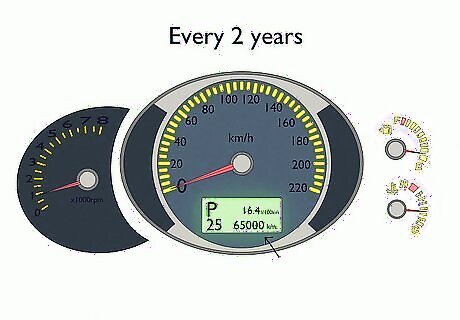
Change brake fluid every 2 years or 30,000–50,000 mi (48,000–80,000 km). Brake fluid is good for up to 2 years before it goes bad and starts damaging parts of your brake line. Every vehicle has a different mileage recommendation for when to change brake fluid, so check the manual. If you reach the listed mileage before the 2-year mark, replace your brake fluid then instead of waiting.
Signs of Bad Brake Fluid
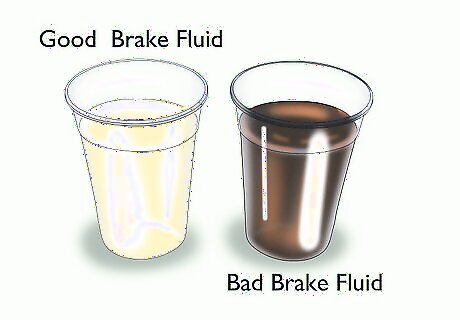
Dark and hazy fluid color Clean brake fluid has a light brown color, but it gets dirtier the longer it stays in your brake system. If you notice your brake fluid is darker than normal when you check it, then it’s best to flush it out of the brake lines and put in new fluid.
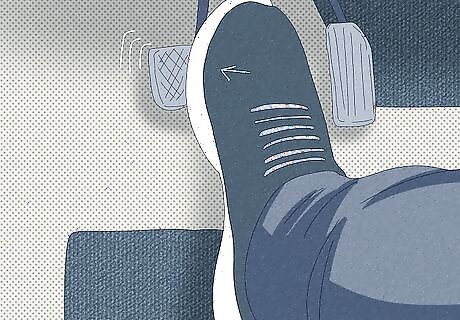
Soft or spongy brake pedal When air gets into your brake fluid lines, it may feel like you’re stepping on a sponge when you’re braking. If you have to press the pedal all the way to the floor to stop, it’s a sign your brake fluid levels are low or contaminated.
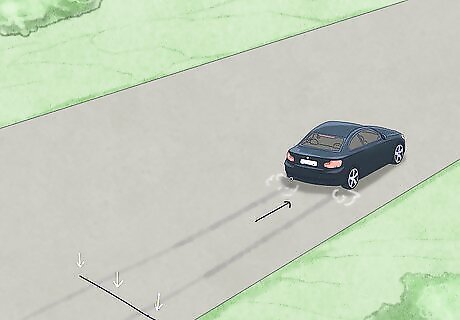
Increased stopping distance When air or contaminants get into your brake fluid lines, your brakes won’t work as effectively. If it takes you longer to come to a stop or if you have to press harder than you used to when you brake, then it’s time to replace the fluid.
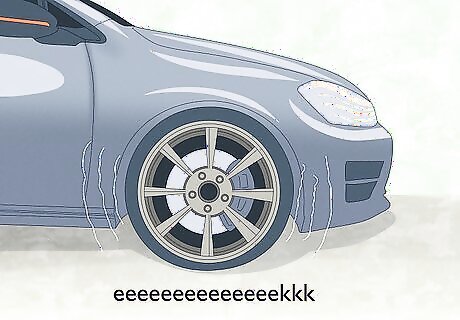
Grinding or squealing noises If your brake fluid has low levels or contaminants, then the metal parts of your brakes may grind together and make a loud, unpleasant sound whenever you press the pedal down.
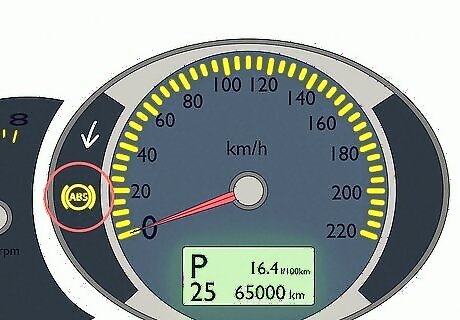
Warning light on dashboard Check your vehicle’s dashboard for a light that says “Check brakes” or “ABS,” which could mean there’s an issue somewhere within the brake system. Check your brake fluid first to see if you can troubleshoot the problem.
How often should you check brake fluid?
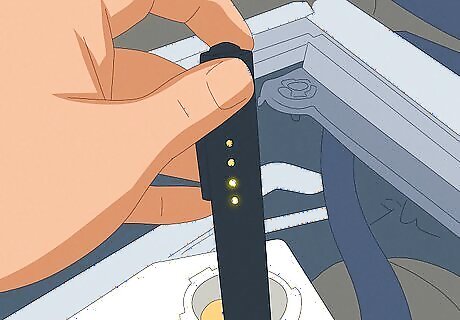
Check the quality of your brake fluid once a month. Look under the hood on the driver’s side for a clear plastic reservoir for the brake fluid. Since the reservoir is transparent, just look at the side of the tank to see the level. Then, unscrew the cover and dip a brake fluid test strip into the fluid to check its quality. Compare the color of the strip to the packaging to see if you need to change your brake fluid. If your brake fluid level is below the fill line and is still good quality, refill the reservoir. Use either DOT3 or DOT4 brake fluid depending on what your vehicle’s manual recommends. If your tank is almost empty, it may mean the fluid is bad or there’s a leak somewhere on your brake line. Alternatively, use an electronic brake fluid meter to measure the quality. Point the end of the meter at the brake fluid in the reservoir to take a reading. Put the cap back on the reservoir as soon as you’re finished testing the brake fluid since air and other contaminants could get into your brake lines.
How much does brake fluid service cost?
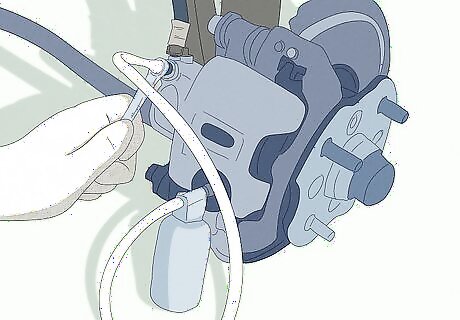
Mechanics usually charge around $100 USD to replace brake fluid. Since flushing your brake lines and replacing the fluid requires you to access under your car and remove tires, it’s best left to professionals. Ask your mechanic to check your brake fluid next time you have your vehicle serviced to see how much they charge for a replacement. If you have some experience working on vehicles, bleed the brake lines on your own.
What happens if you don't change brake fluid?
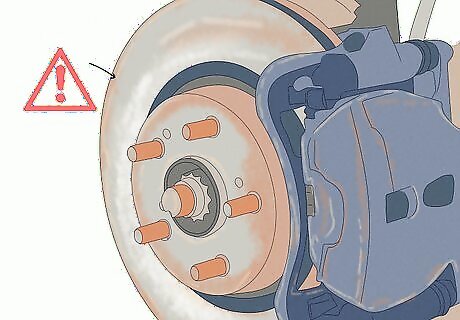
Your brakes will corrode more quickly with old fluid. Brake fluid is hygroscopic, which means it absorbs water over time. As moisture builds up inside your brake fluid, it can cause your brake lines and calipers to rust, which can lead to damage. The buildup also impacts your brake’s performance so it may take longer to stop your vehicle.















Comments
0 comment